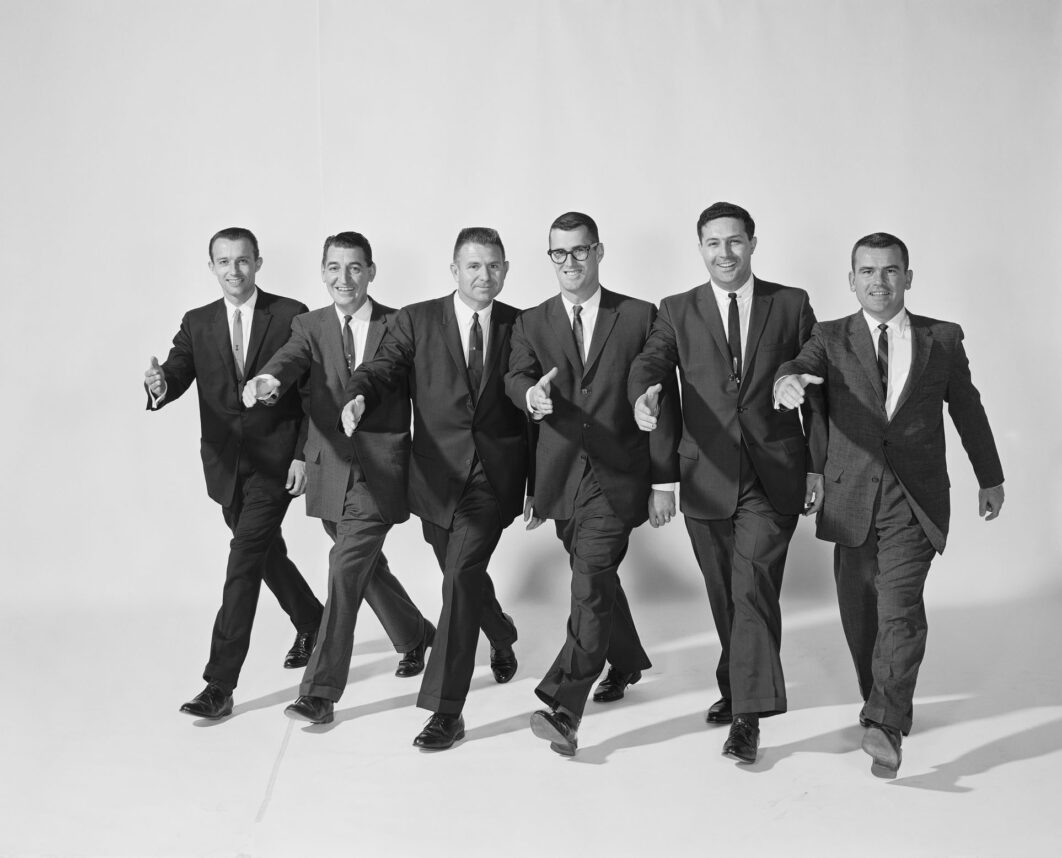“The great religious leaders of the world such as Mohammed, Confucius, and the Reformers, as well as philosophers including Socrates, Plato, and others, received a portion of God’s light. Moral truths were given to them by God to enlighten whole nations and to bring a higher level of understanding to individuals. The Hebrew prophets prepared the way for the coming of Jesus Christ, the promised Messiah, who should provide salvation for all mankind who believe in the gospel. Consistent with these truths, we believe that God has given and will give to all peoples sufficient knowledge to help them on their way to eternal salvation, either in this life or in the life to come.” – Statement of the First Presidency Regarding God’s Love For All Mankind (1978)
——-
Among other things Mormons have to be grateful for this week is a recently-published religious study by Jewish and Mormon professors that depicts Mormons as they largely view themselves: extraordinarily friendly towards others and accepting of their beliefs. American Grace: How Religion Divides and Unites Us is a fascinating sociological study of religion conducted by scholars Robert D. Putnam (Jewish, Harvard) and David E. Campbell (Mormon, Notre Dame). I attended Prof. Putnam’s entertaining presentation of his findings in downtown Los Angeles, where he revealed that more Americans believe in heaven than in life after death (!) and that most contemporary Americans tailor their religion to fit their politics (!!). However, the “bloggernacle” is understandably abuzz over the book’s findings that Mormons are among those most friendly to members of other faiths and are the most convinced of any group that people outside their faith – including non-Christians – can go to heaven.
The first conclusion is somewhat ironic, given that Mormons are listed in the study as being among the least popular religious groups in the country, along with Buddhists and Muslims (Jews are the most popular). Nevertheless, it is to our credit that we generally do our best to follow the admonition of our leaders to reach out in a spirit of friendship to our non-Mormon friends and neighbours. As stated above, the LDS Church’s top three leaders declared several decades ago that religious traditions around the world have been given a portion of God’s light and truth, and are therefore deserving of respect. Consequently, there is a de facto ban on explicit condemnation of another church or faith in LDS worship services. It is always inappropriate to bash another religion in a Mormon chapel, and very few attempt to do so.
I will always remember the Reform rabbi who began his lecture on Judaism to a room full of young Mormon missionaries by expressing his shock at having just found out that Mormons don’t believe that Jews are going to hell. Whenever Jews ask me about the differences between Mormons and other Christians, I always begin by reiterating our belief that heaven will be full of people who were not Mormons – or Christians—during their time on earth. While we are more likely than most other faiths to declare that ours is the only one that is entirely “true,” we don’t interpret that to mean that others are going to be automatically condemned for not accepting our beliefs. While our prophets have consistently opposed certain practices (e.g., sexual immorality, including pornography), the study seems to show that Mormons really do hate the sin and love the sinner. Condemning sin is in a prophet’s job description: if people always love what you say, you must be doing something wrong (for examples, please see the entire Hebrew Bible). However, prophets are also called to proclaim the universal brotherhood and sisterhood of men and women. If Profs. Putnam and Campbell are to be believed, most Mormons have definitely internalized that message.
——-
I will be speaking at the Jewish Community Center in Salt Lake City on January 12. I will also be speaking with Rabbi Alan Cohen in Kansas City on January 16.





















 More news and opinions than at a Shabbat dinner, right in your inbox.
More news and opinions than at a Shabbat dinner, right in your inbox.